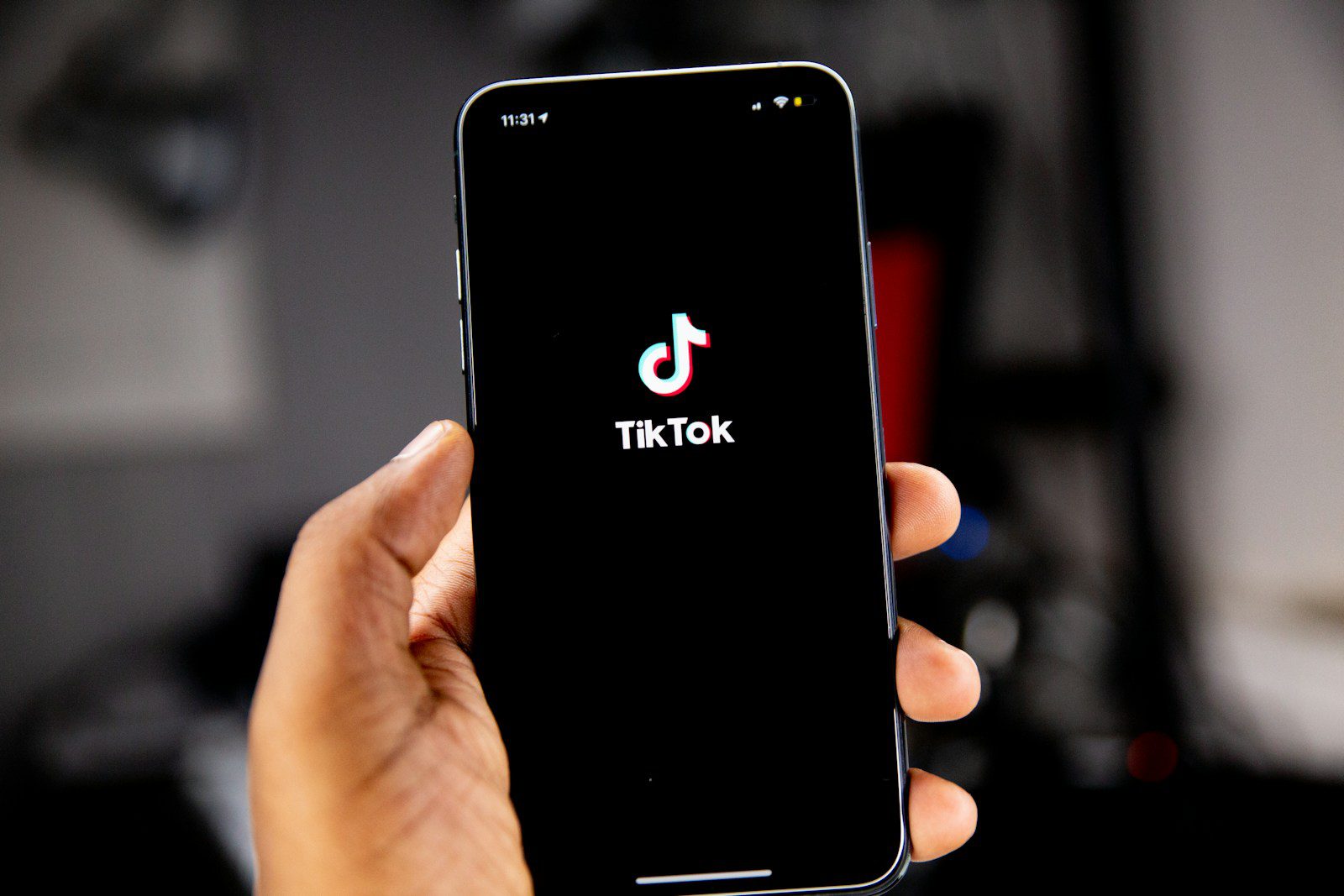
Gazing into the swirling mists of the digital landscape can feel like an exercise in fortune-telling. What new platforms will emerge? Which established strategies will fade into the background? As we navigate the ever-evolving world of online engagement, anticipating the key shifts in digital marketing is no longer a luxury but a necessity for staying competitive. Let’s peer into our digital marketing crystal ball and explore some of the trends poised to dominate 2026.
One significant trend we anticipate gaining even more traction is the hyper-personalization of content. Generic marketing messages are increasingly falling on deaf ears. Consumers now expect brands to understand their individual needs and preferences, delivering tailored experiences across all touchpoints. This will move beyond simply using a customer’s name in an email; expect to see AI-powered tools that analyze vast amounts of data to create truly unique content, product recommendations, and even dynamic website experiences catered to each visitor in real-time.
Another powerful force shaping the future is the continued rise of immersive experiences. Augmented reality (AR) and virtual reality (VR) are moving beyond novelty and finding practical applications in marketing. Imagine trying on clothes virtually through an app, or taking a virtual tour of a property from the comfort of your home. These technologies offer unparalleled opportunities for brands to engage consumers in interactive and memorable ways, blurring the lines between the physical and digital worlds.
The emphasis on authentic and community-driven marketing will also intensify. Consumers are increasingly wary of overly polished and promotional content. They seek genuine connections with brands that share their values and actively engage with their communities. User-generated content, influencer collaborations that prioritize authenticity over reach, and the fostering of online communities around brands will become even more crucial for building trust and loyalty.
Privacy concerns will continue to shape the digital marketing landscape. With increasing regulations and consumer awareness regarding data usage, marketers will need to prioritize transparency and ethical practices. Strategies that rely on third-party cookies will likely become less effective, pushing brands to focus on building direct relationships with their audiences and leveraging first-party data in privacy-respecting ways.
The integration of digital and physical experiences will become more seamless. Omnichannel marketing will evolve beyond simply having a presence on multiple platforms; it will involve creating cohesive and interconnected journeys for consumers, regardless of where they interact with a brand. Think of personalized offers triggered by in-store visits, or seamless transitions from social media engagement to in-person events.
Ignoring these emerging trends in 2026 could leave businesses struggling to connect with their target audiences. By understanding and adapting to these shifts, marketers can position themselves for success in the dynamic digital landscape, turning the uncertainties of the future into opportunities for growth and innovation. The digital marketing crystal ball reveals a future that is more personalized, immersive, authentic, privacy-conscious, and seamlessly integrated than ever before. Are you ready for what’s next?








